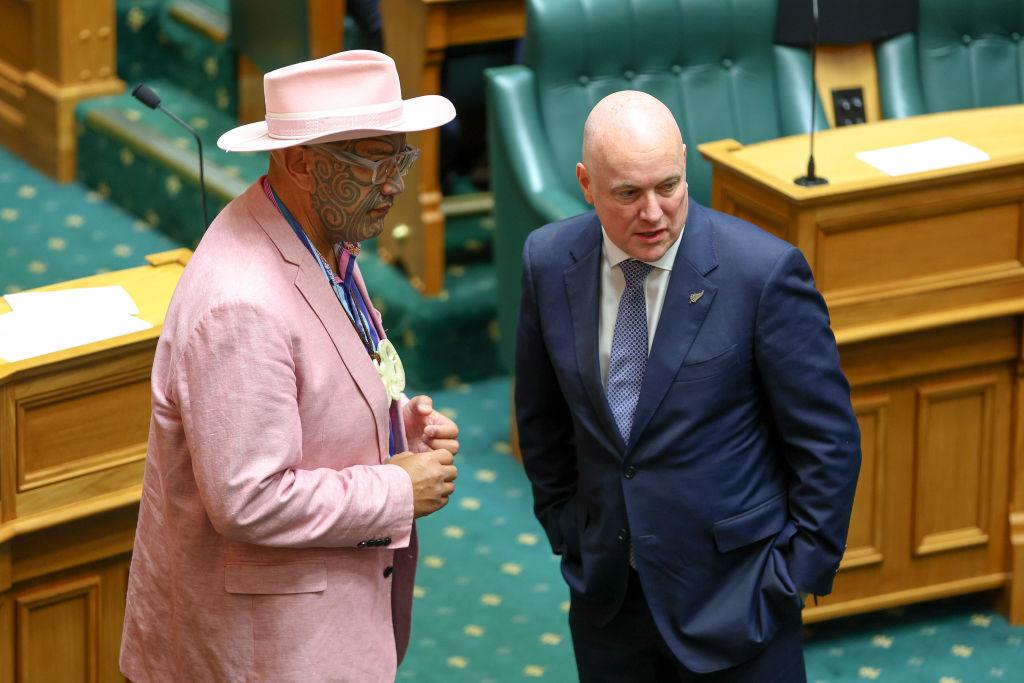Growing tensions between supporters and opponents of Māori wards in New Zealand local authorities have led to the shooting of a distinctive ute belonging to New Plymouth City Councillor Murray Chong.
Chong was not in the vehicle when it was shot at.

Growing tensions between supporters and opponents of Māori wards in New Zealand local authorities have led to the shooting of a distinctive ute belonging to New Plymouth City Councillor Murray Chong.
Chong was not in the vehicle when it was shot at.